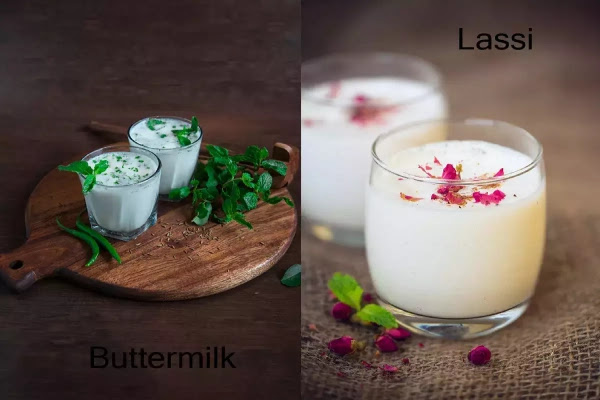Featured
- Get link
- X
- Other Apps
Organic Cotton and its Health Benefits

Organic cotton has emerged as a sustainable and
health-conscious alternative to conventional cotton, addressing the concerns
associated with pesticide use and environmental impact. This essay explores the
health benefits of organic cotton, highlighting its contribution to personal
well-being and the broader goal of sustainable living. From reduced chemical
exposure to improved comfort and ethical production practices, organic cotton
offers a range of advantages that promote both individual and environmental
health.
I. Organic Cotton: An Overview:
A. Organic Farming Practices:
Organic cotton is cultivated using environmentally friendly
practices, avoiding synthetic fertilizers, pesticides, and genetically modified
organisms (GMOs).
Organic farming methods prioritize soil health,
biodiversity, and water conservation, promoting sustainable agriculture.
B. Certification Standards:
Organic cotton is certified by recognized organizations that
ensure compliance with stringent standards for organic cultivation, processing,
and labeling.
Certifications such as the Global Organic Textile Typical
(GOTS) and the Organic Content Standard (OCS) provide consumers with assurance
regarding the authenticity of organic cotton products.
II. Reduced Chemical Exposure and Health Benefits:
A. Avoidance of Pesticides and Toxic Chemicals:
Organic cotton farming destroys synthetic pesticides and
harmful chemicals, reducing the risk of exposure to toxic substances.
This reduction in chemical exposure benefits farmers,
workers, and consumers who come into contact with organic cotton products.
B. Allergen Reduction and Skin Sensitivity:
Conventional cotton is often treated with chemical additives
and finishes that can cause skin irritation and allergic reactions.
Organic cotton, free from such additives, is gentler on the
skin, making it suitable for individuals with sensitive skin or allergies.
C. Improved Air Quality and Respiratory Health:
Conventional cotton farming involves using pesticides, which
can contaminate the air, leading to respiratory issues.
Organic cotton cultivation eliminates pesticide use, improving
air quality and reducing the risk of respiratory ailments.
III. Comfort and Breathability of Organic Cotton:
A. Enhanced Breathability:
Organic cotton fabric has superior breathability, allowing
air circulation and moisture absorption, which helps regulate body temperature
and prevents overheating.
The natural fibers of organic cotton create a more
comfortable and pleasant wearing experience.
B. Moisture-wicking and Odor Control:
Organic cotton has excellent moisture-wicking properties,
efficiently absorbing and releasing moisture from the skin.
This characteristic helps keep the body dry and reduces the
growth of odor-causing bacteria, minimizing unpleasant odors associated with sweat.
C. Softness and Comfort:
Organic cotton fibers are typically softer and smoother than
conventionally grown cotton, enhancing comfort and reducing skin irritation.
The absence of chemical treatments and finishes in organic
cotton contributes to its gentle touch and luxurious feel.
IV. Environmental Sustainability and Ethical Production:
A. Conservation of Water Resources:
Organic cotton cultivation uses significantly less water
compared to conventional methods.
This water conservation approach helps alleviate the strain
on local water sources and contributes to the sustainability of ecosystems.
B. Protection of Biodiversity:
Organic farming practices prioritize the preservation of
biodiversity, promoting a healthier ecosystem for plants, animals, and
beneficial insects.
Organic cotton fields support pollinators and foster a more
balanced and resilient agricultural environment.
C. Ethical Labor Practices:
Organic cotton production adheres to fair trade and labor
standards, ensuring better working conditions, fair wages, and social equity
for farmers and workers.
Certifications such as Fairtrade and Fair Wear Foundation
promote transparency and accountability in the organic cotton supply chain.
V. Conclusion:
Organic cotton offers significant health benefits, ranging
from reduced chemical exposure and allergen reduction to enhanced comfort and
breathability. Individuals can minimize their exposure to harmful pesticides
and toxic chemicals by choosing organic cotton products, promoting healthier
skin and respiratory well-being. Additionally, organic cotton cultivation
aligns with sustainability principles, conserving water resources, protecting
biodiversity, and promoting ethical labor practices. Embracing organic cotton benefits
personal health and contributes to the larger goal of creating a more supportable
and honest fashion industry.
- Get link
- X
- Other Apps
Popular Posts
Refreshing Cold Soup Steps To Chill On Hot Summer Days
- Get link
- X
- Other Apps

